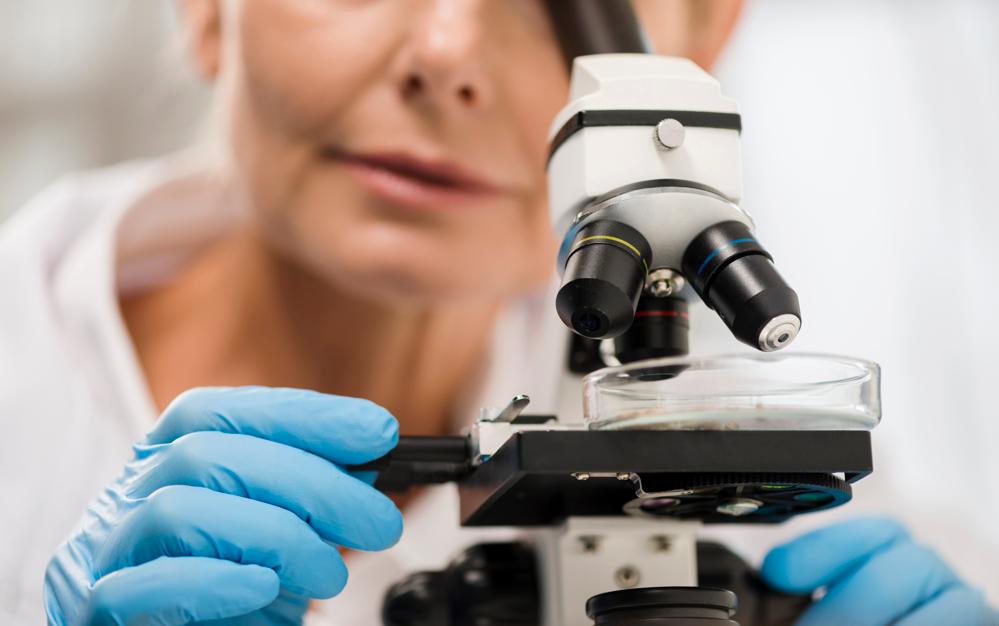
Regulation of Clinical Research with Human Subjects in Brazil
By Bernadete de Figueiredo Dias and Thais Amaral Fernandes
Decree No. 12,651/2025 (“Decree”), published on October 7, 2025, regulates Law No. 14,874/2024 and inaugurates a new era for clinical research with human subjects in Brazil. More than a regulatory advance, it brings guidelines that strengthens ethics, transparency, and participant protection.
Among the novelties introduced by the Decree, we can mention the creation of the National System of Ethics in Research with Human Subjects, segmented into the National Instance of Ethics in Research (“INEP”) and the Instance of Ethical Analysis in Research, represented by the Research Ethics Committees (“CEPs”).
The division of the National System of Ethics in Research with Human Subjects and the creation of INEP were important steps for the standardization of ethical guidelines, oversight of CEPs, adjudication of appeals against CEP decisions, as well as promoting training for CEP members and good scientific practices. This structure centralizes decisions and ensures greater uniformity in processes.
In this context, the Decree now classifies CEPs as accredited – an instance for ethical analysis of low and moderate risk research – or certified – an instance that, in addition to being accredited, has been certified for ethical analysis of high-risk research and for analysis of low and moderate risk research. This differentiation aims to ensure greater scrutiny in the analysis of highly complex research, aligning with international standards of ethical governance. Nevertheless, it is important to mention that the Decree did not establish the requirements for accreditation and/or certification of CEPs, which will depend on complementary regulation by INEP.
Regarding clinical trials, the Decree introduced multidimensional criteria for classifying the degree of risk, including: (ii) the nature of the intervention or procedure adopted in the research; (ii) the degree of invasiveness and potential harm to the research participant; (iii) the population involved, with attention to groups in vulnerable situations; (iv) the existence of direct benefits of the research to the participant and the community, among others. These parameters, however, still depend on complementary regulation for operational details.
On the follow-up of participants after the study, the Decree sets forth that the sponsor, after the end of the clinical trial, must guarantee the research participants free provision of the investigational product whenever it is considered by the responsible researcher as the best therapeutic alternative for the participant’s clinical condition, based on available evidence and a favorable risk-benefit assessment, as provided in article 30 of Law No. 14,874/2024. This measure reinforces continuity of care and ethics in research.
The plan for follow-up and assistance to participants in discontinued clinical trials will be regulated by INEP, as provided in Article 57, § 1º, of Law No. 14,874/2024.
The Decree provides for the creation of a national electronic platform for submission and monitoring of research projects, with the aim of: (i) registering research conducted in the national territory; (ii) enabling transparent and priority processing of procedures, respecting the competencies and autonomy of regulatory and ethical instances; (iii) adopting a single system for petitions, submission of documents, evaluation, and electronic monitoring of processes related to research with human subjects; and (iv) maintaining a public, updated, and accessible database on research with human subjects conducted in the country, in accordance with applicable data protection regulations, among others.
Thus, the creation of this system will ensure greater traceability and transparency regarding clinical trials conducted in the country, as well as reducing existing bureaucracies.
Finally, an important regulation brought by the Decree is the prioritization of strategic studies for SUS (Brazilian Unified Health System), which will have their ethical analysis completed within 15 days, ensuring that innovative therapies reach the population more quickly. Strategic research for SUS are those aimed at addressing public health emergencies declared by the competent health authority and the regulatory approval of medicines or medical devices, in cases defined in Article 29 of the Decree.
Law No. 14,874/2024 brought an unprecedented legal basis for clinical trials in Brazil, ensuring legal certainty and alignment with international treaties. The Decree, in turn, operationalizes this structure, creating practical mechanisms for ethical governance, oversight, and participant protection. Together, they form a robust framework that puts Brazil in line with global standards for clinical trials.
With clear rules and faster processes, Brazil becomes a safer and more attractive environment for clinical research, benefiting patients, researchers, and the industry.
This bulletin is for information purposes only and should not be relied upon to obtain legal advice on any of the topics covered here. For additional information, please contact the leaders of the Life Sciences Team. CGM Advogados. All rights reserved.

